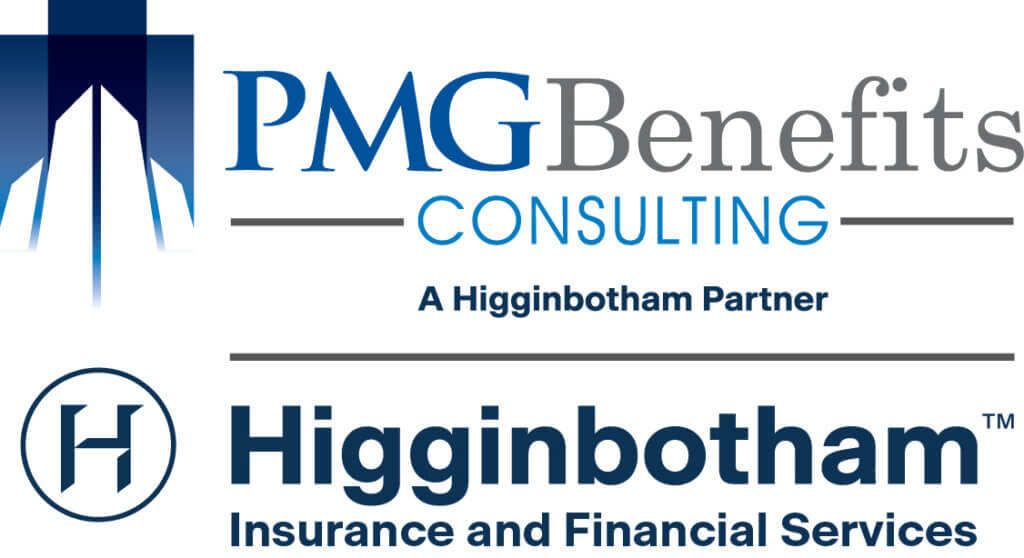March 1, 2024
Investor Business Feature: Rising Healthcare Costs – What is the Effect of GLP-1 Drugs?

After enjoying low inflation rates for over a decade, Americans were jolted when inflation averaged 4.7% in 2021 and 8% in 2022 per published Consumer Price Index data. While overall inflation has been the story of the past few years, annual health insurance premium increases have outpaced overall inflation in all but one of the past 20 years. According to the 2022 Kaiser Family Foundation (KFF) Employer Health Benefits Survey, individual coverage premiums rose 58% from 2010 to 2022, while premiums for family coverage rose 63%.
While there are many underlying causes of these increases, prescription drug costs have become one of the most significant contributors. Twenty years ago, we would advise clients that our goal was to limit pharmacy costs to no more than 15% of total claims. That target was later revised to 20%, and today, our goal is for pharmacy expenses to be 30% or less.
KFF estimates that prescription drug costs accounted for 25% of the rise in employer-sponsored health insurance premiums between 2010 and 2020. That percentage has likely increased since then as newer, more expensive drugs have become available. Most recently, we’ve seen an uptick in costs partially due to new GLP-1 drugs, such as Ozempic, Victoza, and Trulicity. These injectable diabetes medications mimic a natural hormone that regulates blood sugar, appetite, and insulin secretion. Studies have shown significant reductions in HBA1c for patients on GLP-1 drugs, as well as reductions in body weight. The drugs have been so effective in producing weight loss that we’ve seen national shortages of the medications due to off-label use specifically for weight loss. However, with monthly costs for these medications averaging between $800 – $1,300, it’s easy to see how they are impacting overall pharmacy trends. In Tennessee, most insurance plans specifically exclude weight loss treatments, so utilization has been limited to those with diabetes who meet required medical criteria.
An even newer GLP-1 drug called ZepBound was approved in November. ZepBound is FDA-approved specifically for weight loss in patients with a comorbidity such as high blood pressure or diabetes. As a weight loss drug, it too is excluded by most Tennessee medical plans. However, as more and more Tennesseans clamor for these drugs, the pressure on insurance companies to cover them is building.
According to the CDC, 31.2% of adults in Tennessee are obese, while another 35.9% are overweight. This means that according to the latest population data, an estimated 954,000 Tennessee adults between the ages of 18-64 are obese. If only half that number were prescribed a GLP-1 drug, annual costs would be approximately $5.7 billion dollars. Since one must continue to take the drugs to maintain weight loss, this cost would continue in perpetuity.
Can Tennessee insurance carriers and employers afford this? The Affordable Care Act stipulates that 80-85% of premium dollars insurance carriers receive must be used to pay for medical services. With an average annual premium of $8,435 for individual medical coverage, insurance carriers are paying an average of $6,750 in medical and pharmacy claims for each covered person. If GLP-1 weight loss drugs average $12,000 per year, insurance companies would be paying out 42% more in claims for this one medication than they receive in annual premiums. And that percentage doesn’t account for any other medical services or prescriptions received during the plan year.
At the same time, GLP-1 drugs are also showing promise in reducing the risk of heart and kidney disease, as well as reducing blood pressure. This could mean costly and tragic claims related to cardiac events such as heart attacks might be avoided for patients with access to GLP-1 drugs.
There seems to be little doubt that GLP-1 drugs can offer significant benefits, not only to those with Type II diabetes but also to those with obesity. What remains unanswered is how we, as a country, will afford them.